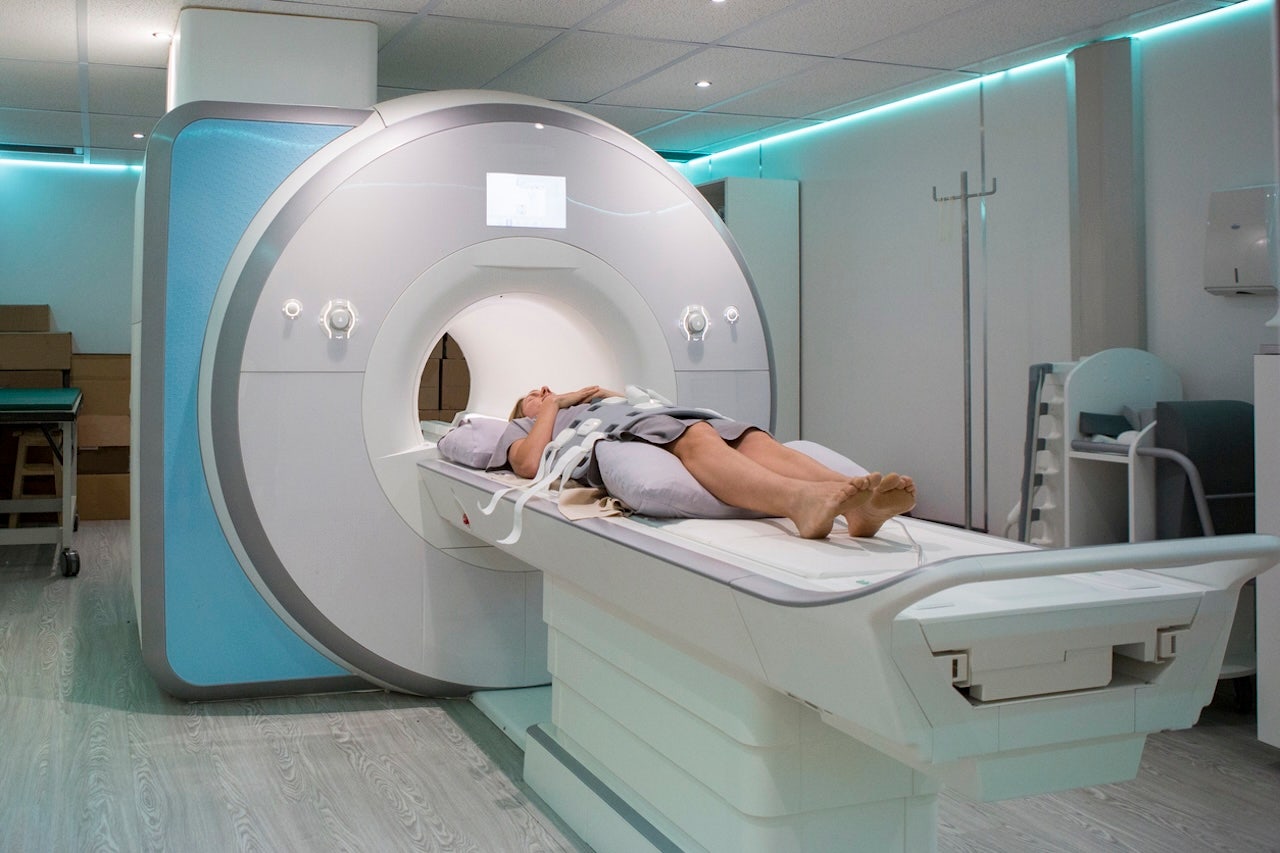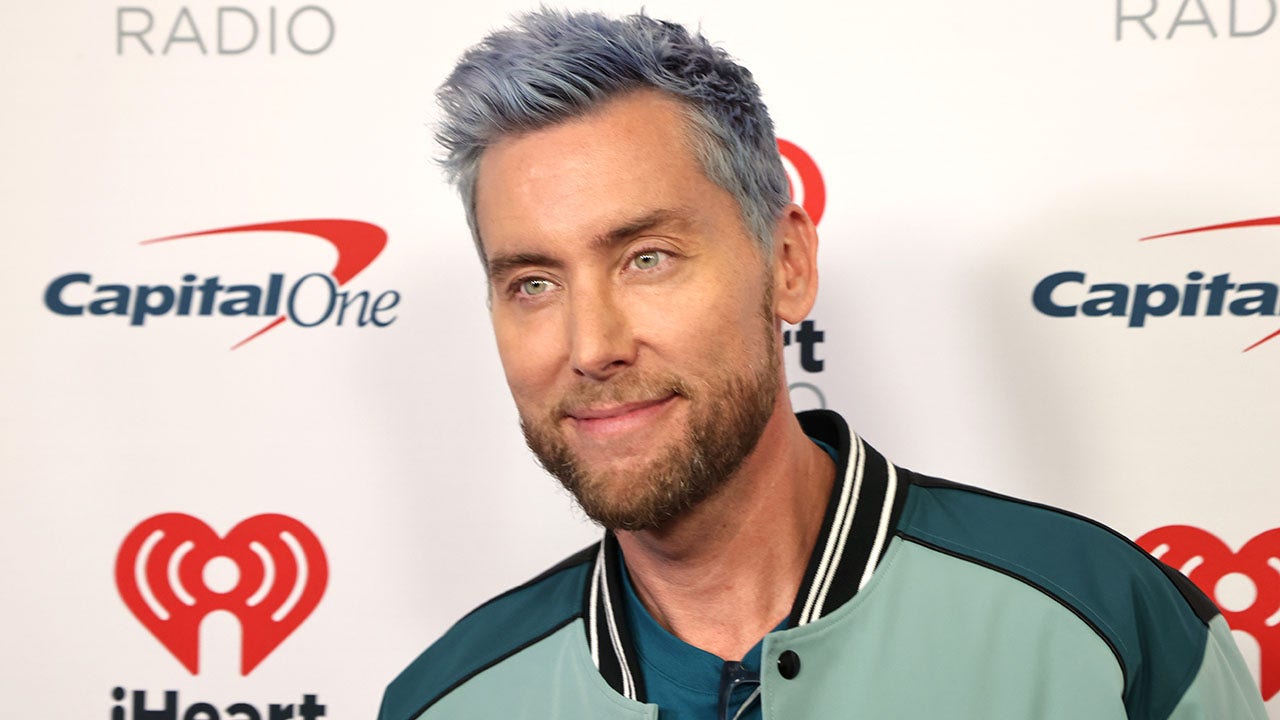As some doctors say, “If you look, you will find.”
In August 2023, Mary Ann Waldron, a healthy Arizona woman, decided to undergo an elective MRI full-body scan at a SimonMed Imaging facility, never expecting to find anything serious.
She was shocked when the scan detected a large aneurysm in her pancreas area, ultimately saving her life.
THESE 8 HEALTH SCREENINGS SHOULD BE ON YOUR CALENDAR FOR 2024, ACCORDING TO DOCTORS
Today, a strong proponent of full-body scans as a preventative measure, Waldron is eager to share her story as a cautionary tale for others.
“I believe we each need to take responsibility for our health,” she told Fox News Digital. “I’m more than 70 years old, and despite being asymptomatic, I wanted to learn if I had any early-stage cancers.”
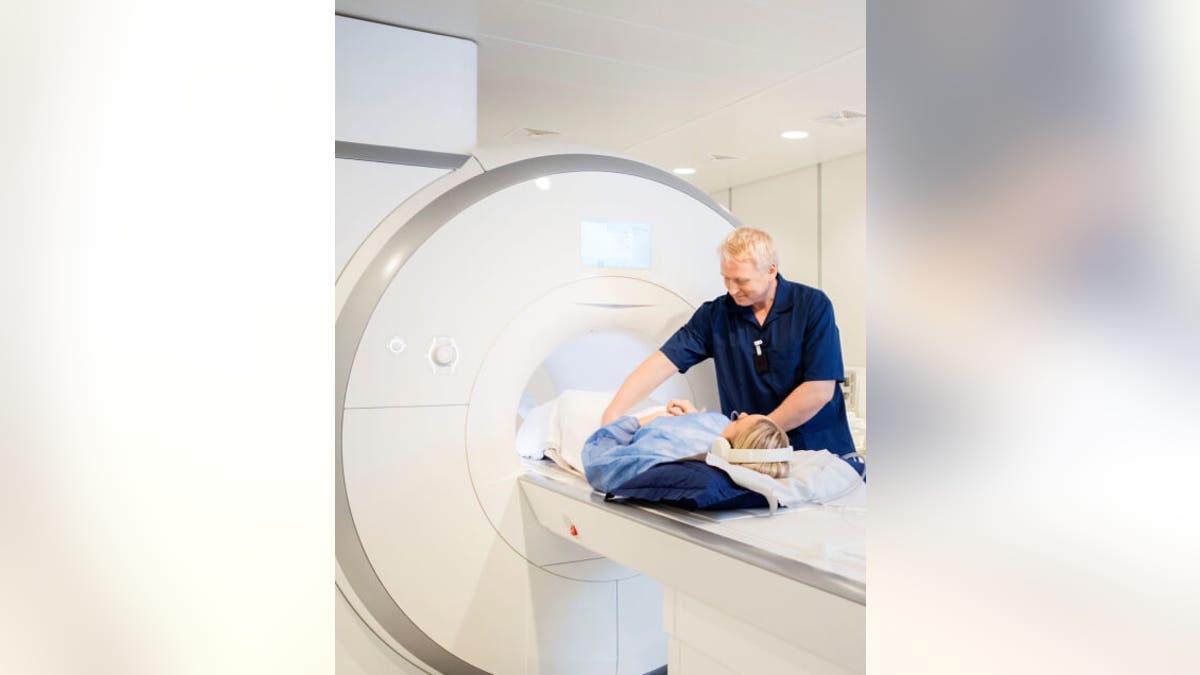
The SimonONE scan (pictured) scans the entire body for warning signs of disease without using ionizing radiation. (SimonMed)
Dr. Brett Osborn, a Florida neurologist and longevity expert, also recognizes the benefits of full-body MRI scans.
“Full-body scanning, mainly through MRI, presents a significant advancement in modern medicine’s diagnostic capabilities,” he told Fox News Digital. (He was not involved in Waldron’s care.)
CANCER SCREENINGS: HERE ARE 5 TYPES AND CRITICAL INFORMATION TO KNOW ABOUT EACH
“MRI technology allows for a comprehensive, noninvasive examination of the body to detect a wide range of conditions, including cancer and vascular malformations like aneurysms, without the need for potentially harmful X-rays, as is the case with CT scans.”
Life-saving discovery
The results of Waldron’s scan indicated that there “may be an aneurysm.” A follow-up CT scan of her abdomen and pancreas was then recommended.
“If in fact I had an aneurysm, then this was life-threatening, as death is imminent when an aneurysm bursts, unless the person is already in an operating suite,” said Waldron.
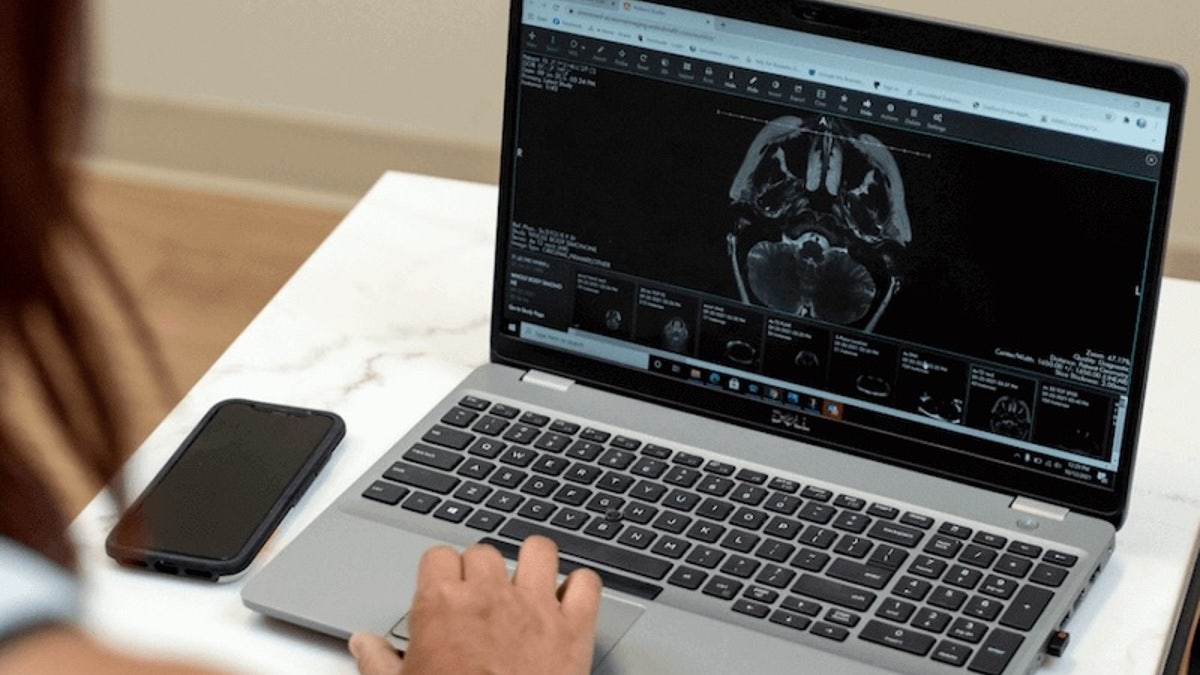
“Full-body scanning, mainly through MRI, presents a significant advancement in modern medicine’s diagnostic capabilities,” a doctor told Fox News Digital. (SimonMed)
Dr. Barry Sadegi, SimonMed’s chief medical officer in Scottsdale, Arizona, emphasized the danger of Waldron’s condition.
“Pancreaticoduodenal artery aneurysms are extremely rare, representing only 2% of all splanchnic (abdominal organ) aneurysms,” he told Fox News Digital.
“The majority (64%) of patients who seek treatment present after the aneurysm has ruptured.”
Aneurysm rupture can be life-threatening, Sadegi confirmed, as it results in abdominal bleeding.
KIM KARDASHIAN SAYS FULL-BODY MRI SCANS CAN BE ‘LIFE-SAVING,’ YET MANY EXPERTS REMAIN SKEPTICAL
In many cases, there are no symptoms of an aneurysm, which was the case for Waldron.
“And because I had no prior imaging studies of this area for comparison, there was no way to know how long this aneurysm had been present or for how much longer it would exist before bursting,” she added.
Once doctors confirmed that Waldron had an aneurysm, she was referred to a vascular surgeon, who determined that she would need immediate surgery.
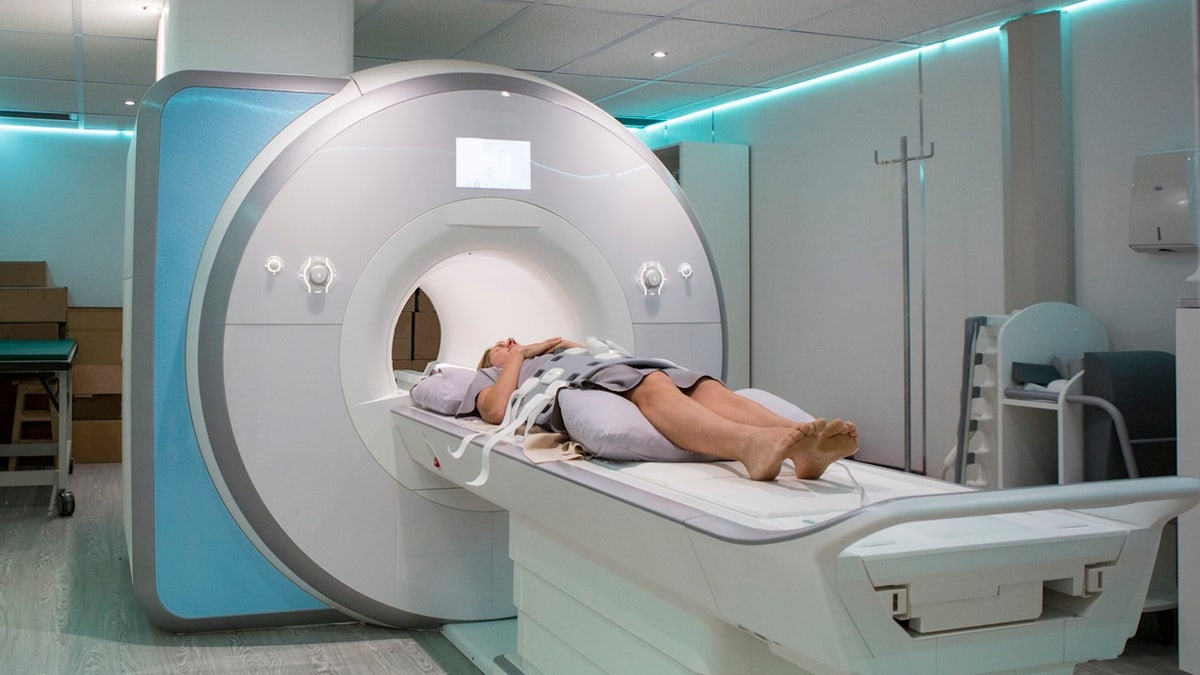
Because the MRI scans don’t use ionizing radiation, the test itself is safe, said Sadegi of SimonMed, although the test does have some indirect risks and limitations. (iStock)
“We scheduled the procedure and were advised to drive from Sedona to Chicago, as the risk of flying with changes in pressure was dangerous,” she said. “The size and location of my aneurysm was unusually large and uncommon.”
Waldron underwent an angiogram of the mesenteric artery (a major artery of the abdomen). The surgeon performed an embolization of the aneurysm, placing several titanium wires to block the artery and close off the sac of the aneurysm, preventing further blood flow and bursting.
Today, Waldron is feeling healthy and is back to her regular routines.
AI TECHNOLOGY CATCHES CANCER BEFORE SYMPTOMS WITH EZRA, A FULL-BODY MRI SCANNER
“It is now necessary for me to take daily blood thinners, which make me susceptible to bruising, but other than that I am feeling well,” she told Fox News Digital.
“I have resumed my usual activities of golf, swimming and walking.”
Waldron will continue to see her doctor every six months for the next couple of years for ultrasounds of the stented area.
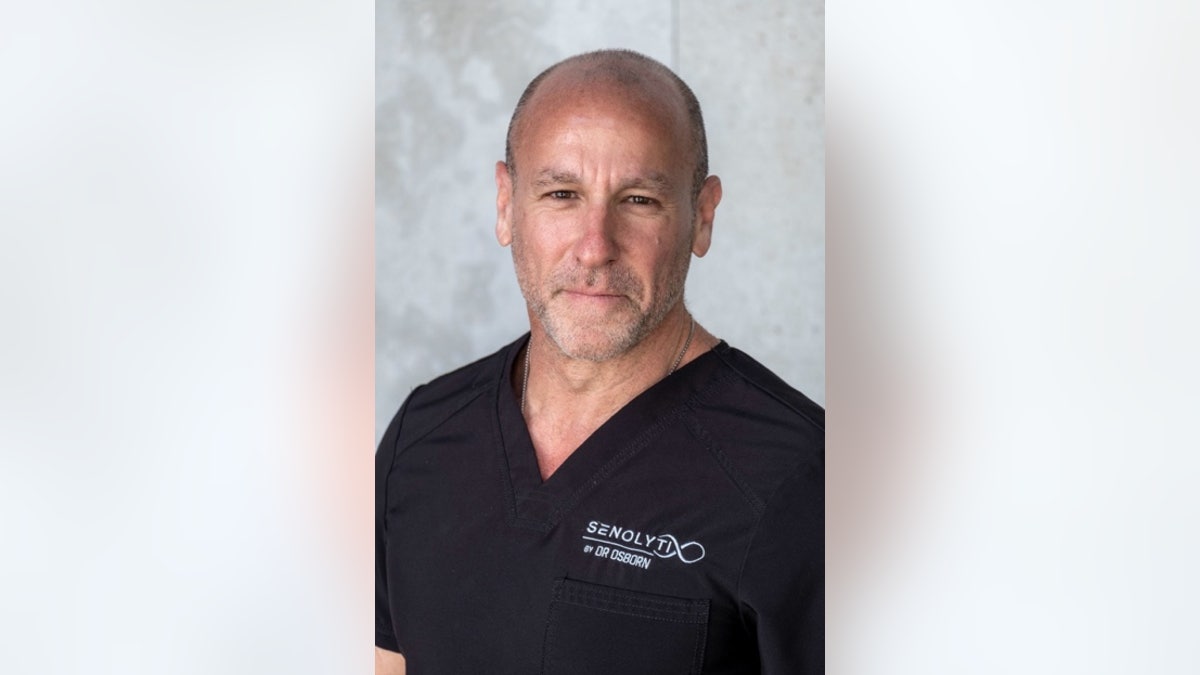
Dr. Brett Osborn, a Florida neurologist and longevity expert, said he recognizes the benefits of full-body MRI scans. (Dr. Brett Osborn)
“This was a truly life-saving surgery,” she said.
“Generally, early detection enables early intervention, which provides the best opportunity for successful resolution. In my case, the detection was not early in the formation of the aneurysm, but was early enough to correct it.”
She added, “I believe these scans can detect abnormalities at an early stage, helping us prolong our lives — and certainly the quality of our lives.”
Focus on preventative health care
The majority of the U.S. health care system is reactive rather than proactive, Sadegi stated — “more focused on treating illness after it develops rather than preventing it.”
The scan, he said, is a means of empowering patients who want to take an active role in their disease prevention.
CANCER PREVENTION IN THE ESOPHAGUS COULD BE JUST A PILL AWAY, DOCTOR SAYS: ‘TREMENDOUS BENEFIT’
“Although the American College of Radiology does not currently recommend MRI whole-body screening for the general population, many SimonONE patients have similar stories in which the scan resulted in very positive health outcomes,” he said.
“As consumer interest in preventive care soars — and people want to live longer, healthier lives — it may be the driver of change.”
Some of the conditions that SimonMed’s scans have discovered have included other aneurysms, severe arterial stenoses in the neck and head, and masses in the brain, pituitary gland, neck, thyroid, mediastinum, lungs, liver, pancreas, kidneys, lymph nodes, bladder, endometrium and prostate gland, said Sadegi.
Potential risks and limitations
Because the MRI scans don’t use ionizing radiation, Sadegi said the test itself is low-risk.
There is the risk of overdiagnosis, however, as Osborn noted.
“This is where benign conditions are detected and treated unnecessarily, leading to undue stress, further testing, and potentially unnecessary interventions and their inevitable complications,” he told Fox News Digital.
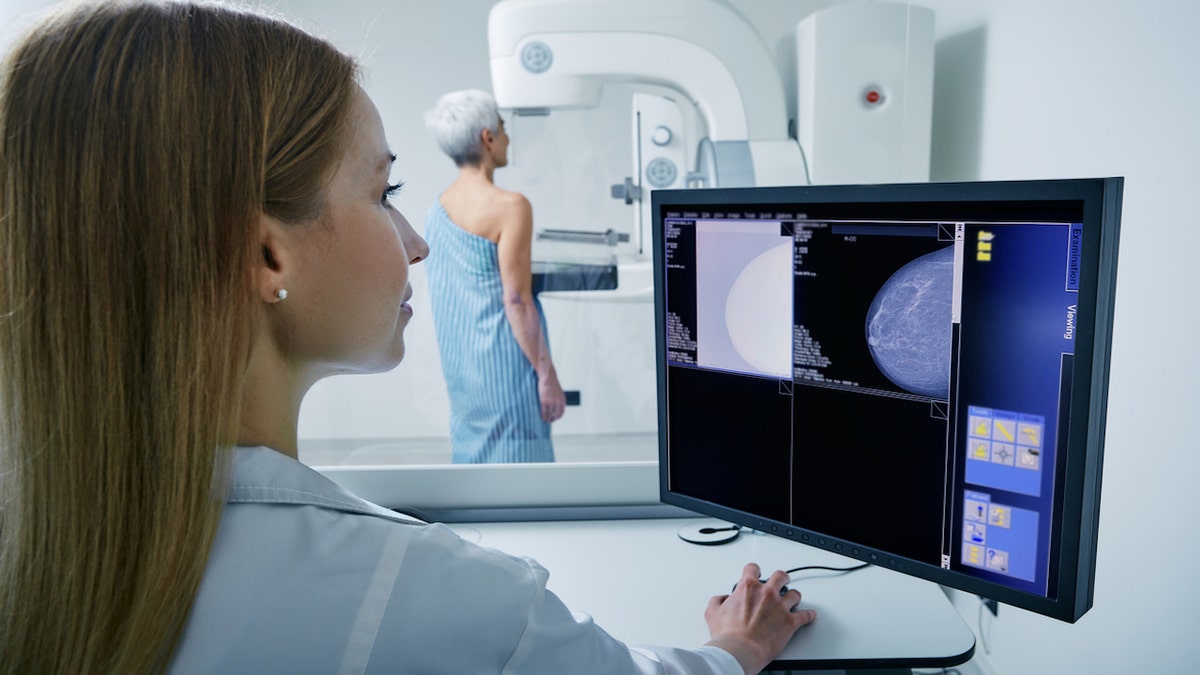
Full-body MRIs are not ideal for screenings for breast cancer, which is best detected by mammography and MRI, experts said. (iStock)
“These studies are imperfect,” he told Fox News Digital. “Is the patient ready to deal with a positive finding? Often, it’s unclear whether a lesion is benign or malignant. And then what? Are these studies worth the ‘risk’ at this point?”
He added, “I defer to my patients and allow them to make an informed decision. To me, however, the benefits far outweigh the risks.”
NEW BREAST CANCER SCREENING GUIDELINES CALL FOR WOMEN TO START MAMMOGRAMS AT AGE 40
In Waldron’s case, she was OK with the risks.
“Because there can be false positives, one may argue that there is unnecessary expense in the whole-body scan and unnecessary radiation in the follow-up studies that confirm there are no issues,” she said.
“I defer to my patients and allow them to make an informed decision. To me, however, the benefits far outweigh the risks.”
“But this, in my opinion, is a minor trade-off for the peace of mind one achieves either knowing all is well or knowing what needs to be addressed.”
This type of scan also has some limitations.
It does not screen for blood-borne tumors, such as leukemia, or for skin tumors, such as melanoma or basal cell carcinoma, according to Sadegi. It also might not detect smaller nodules in the lungs.
CLICK HERE TO SIGN UP FOR OUR HEALTH NEWSLETTER
The scan is also not ideal for detecting musculoskeletal conditions involving bones or joints.
Sadegi said it cannot replace colonoscopies for colon or rectal screenings; and mammography and MRI of the breasts are more sensitive for breast cancer.
Barriers to care
Right now, given the associated costs, most insurance carriers do not cover a full-body MRI, Osborn pointed out.
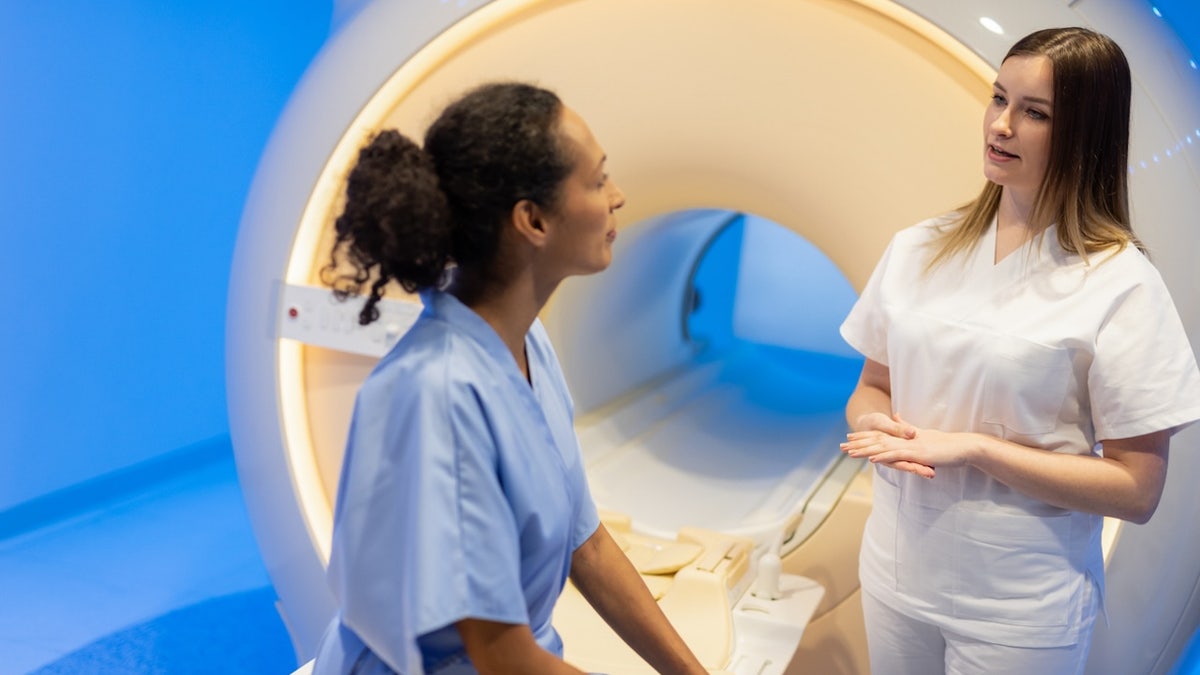
“These scans can detect abnormalities at an early stage, helping us prolong our lives and certainly the quality of our lives,” said one patient. (iStock)
“The numbers don’t make sense to them,” he said. “It’s simply a matter of dollars and cents. Many scans, at significant cost, would have to be performed to save one life … This is the ‘business’ of medicine and one of the main reasons why, historically speaking, insurance companies have not embraced preventive care.”
CLICK HERE TO GET THE FOX NEWS APP
That could change in the future, he said.
“As consumer interest in preventive care soars — and people want to live longer, healthier lives — it may be the driver of change.”
For more Health articles, visit www.foxnews.com/health.
